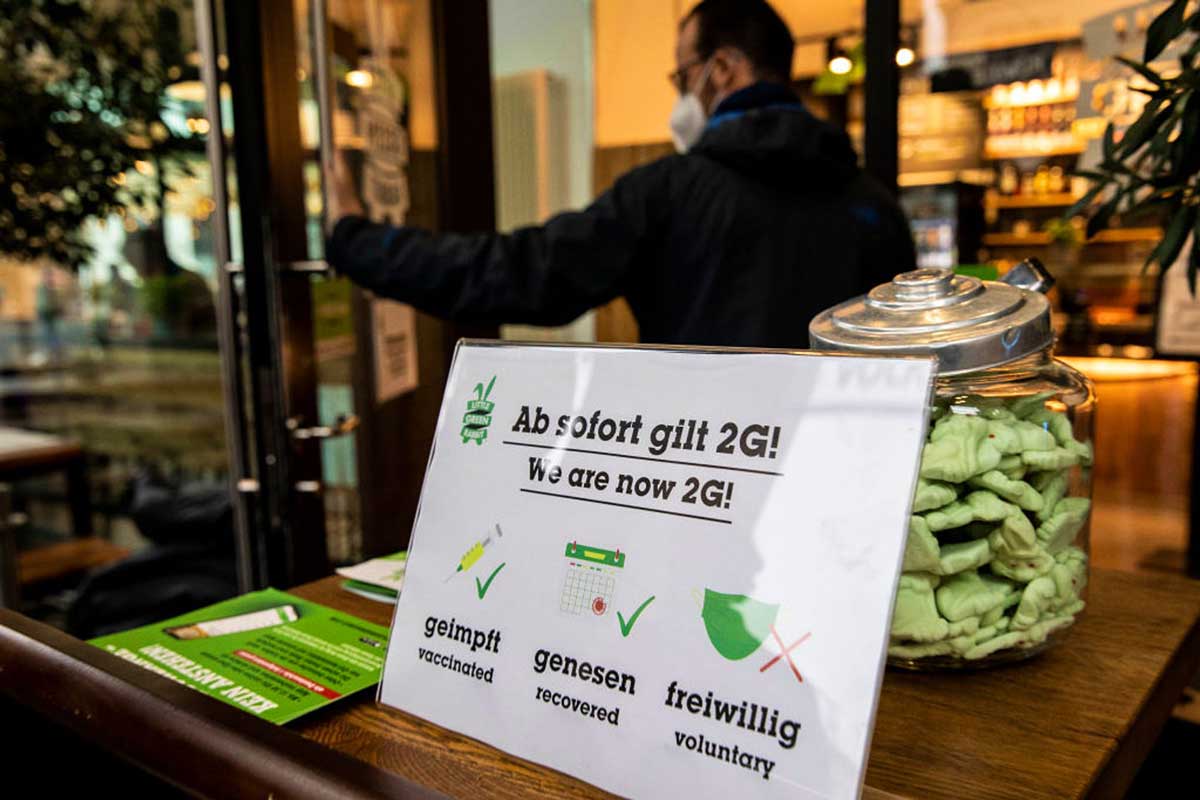The federal and German governments have further tightened restrictions on unvaccinated people to slow the spread of COVID-19, with some countries taking tougher measures to restrict tourism.
At a joint news conference on December 2, Chancellor Angela Merkel and appointed Chancellor Olaf Scholz announced that 2G rules would be introduced in the country.
The abbreviation 2G stands for “geimpft oder genesen” – vaccinated or recovering – and is a virtual lock for non-vaccinated people, restricting their access to most places, except for essentials such as pharmacies and grocery stores. The new rules also limit contact between unvaccinated people to just two people.
Previously, 3G restrictions allowed unvaccinated people to choose “getestet” – or testing – as an alternative way to access activities.
Indoor activities are limited to 50 people if they are attended only by those who have been vaccinated or have recovered from the virus.
What do the new rules for travel to Germany mean?
Germany has restricted access to the country for people traveling from certain “problematic” countries that are not permanent residents or citizens.
The announcement of tightening restrictions did not make any additional changes to the entrance for travelers from other directions. These requirements continue to be that they must register online before arrival and, depending on where they come from, provide evidence of vaccination, recovery or testing. For example, those coming from the United States must provide proof of vaccination for entry.
While the federal government may allow entry, keep in mind that states have the right to impose additional restrictions that may affect your travel. Bavaria and Saxony, the two German states most affected by the recent rise in morbidity, have imposed restrictions on tourism. Last month, the Christmas market was canceled in Munich due to the inability to regulate market entry in accordance with 2G rules.

